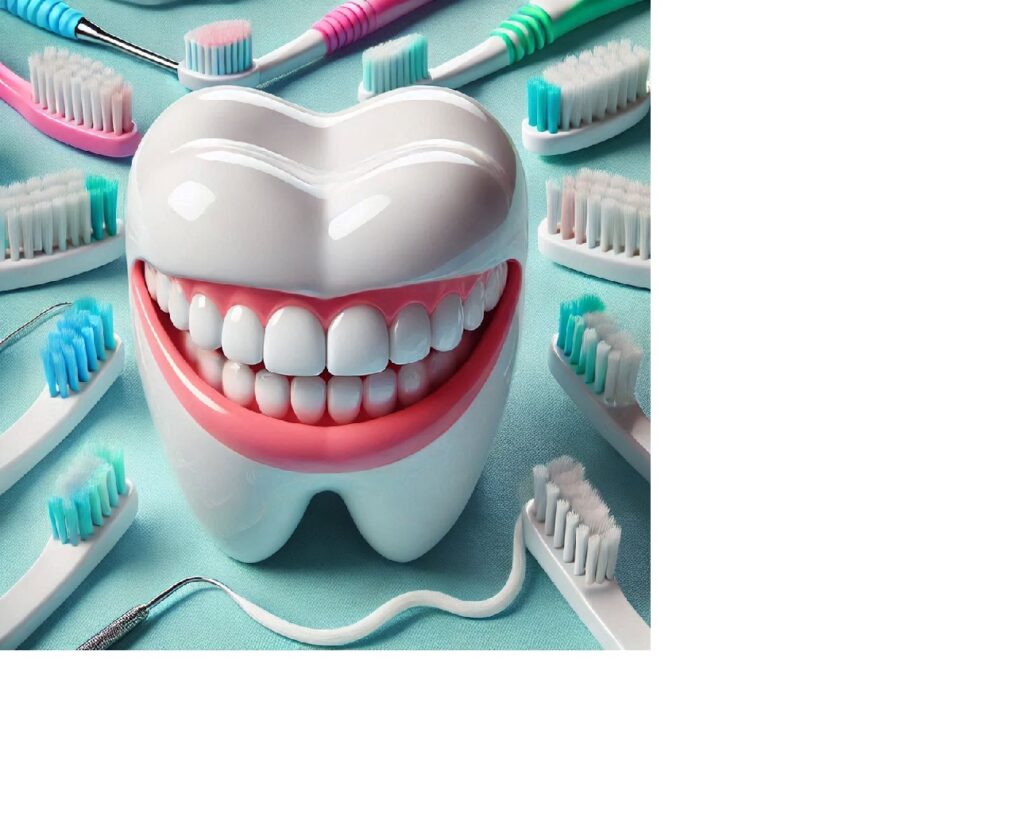
By Professor Dr Dasan Swaminathan
Diabetes is becoming a global health crisis, with over 346 million people affected worldwide. By 2030, this number is expected to rise to 439 million, nearly 10 per cent of the adult population, according to the World Health Organisation.
Diabetes occurs when the pancreas is unable to produce enough insulin or the body cannot use insulin effectively. Insulin helps glucose enter cells to provide energy. Without sufficient insulin, glucose builds up in the blood, leading to the complications of diabetes.
One of these complications is gum disease, particularly periodontitis, an advanced form of gum disease. Periodontitis affects nearly 50 per cent of adults and up to 60 per cent of those over 65, with severe cases impacting 10-15 per cent of the population. It is a chronic disease that can only be prevented rather than be cured.
The primary cause of gum disease is bacterial plaque biofilm, which accumulates on the teeth and gums when oral hygiene is poor. If left untreated, plaque biofilm can damage the gums, periodontal ligaments, and even the bones that support your teeth, leading to tooth loss.
Once the disease is established, the damage that has occurred is irreversible. What is lost remains lost unless treatment to salvage some of the lost tissue is carried out.
The Two-Way Relationship Between Diabetes and Gum Disease
Diabetes can both contribute to and be worsened by gum disease, creating a harmful cycle. Poor glycaemic control and tooth loss will eventually occur if untreated.
How Diabetes Affects Gum Disease:
High blood sugar levels in people with diabetes provide an ideal environment for bacteria in the mouth to thrive. This can worsen gum disease, leading to more severe inflammation and destruction of the tooth-supporting structures.
How Gum Disease Affects Diabetes:
Infections from gum disease can make it more difficult to control blood sugar levels. The inflammation from gum disease spreads into the bloodstream, which disrupts the body’s immune system and worsens blood sugar regulation.
Although diabetes does not directly cause gum disease, it makes the gums more susceptible to infection, accelerates tissue damage and slows down healing after treatment.
Signs of Gum Disease
If you have diabetes and notice any of the following symptoms, you may have gum disease:
• Red, swollen, or bleeding gums
• Bad taste in the mouth
• Teeth that appear longer or are loose
• Increasing gaps between teeth
• Hard deposits (tartar) on teeth
Nutrition for Bacteria
The higher glucose levels in the mouths of diabetic patients especially in the gum fluids can change the balance of bacteria within the gums, creating an environment where harmful bacteria thrive. This accelerates the destruction of gum tissue and increases the severity of gum disease.
What to Do if You Have Diabetes
New Diagnosis of Diabetes:
If you have just been diagnosed with diabetes, schedule a dental check-up right away. People with diabetes are at higher risk for gum disease, so early detection and treatment are crucial
First Dental Visit:
When attending your first dental appointment as a diabetic patient:
1. Try to schedule your visit in the morning.
2. Take your prescribed diabetic medications as directed before the appointment.
3. Inform your oral health provider about any medications you are taking.
4. Follow up with any necessary treatment and attend all follow-up appointments.
Oral Healthcare for Diabetics
1. Monitor for Other Oral Problems:
People with diabetes should be checked for additional oral health issues, such as dry mouth, burning sensation and candida infections.
2. Oral Healthcare in Children and Teens:
Children and adolescents with diabetes should have regular oral screening to detect early signs of gum disease starting at an early age.
3. Patients’ who may be at risk for diabetes:
If your oral healthcare provider notices worsening gum disease or other risk factors for diabetes, seek medical advice and undergo blood tests to check for diabetes.
Conclusion
Diabetes — especially when poorly controlled — weakens the body’s ability to fight infections, including those in the gums. This makes it harder to manage both gum disease and diabetes. Regular oral health check-ups, maintaining oral hygiene and regular medical care are essential for maintaining both your oral and overall health.
Professor Dr Dasan Swaminathan, a consultant periodontist and specialist dental surgeon, is a strong advocate for oral healthcare
WE